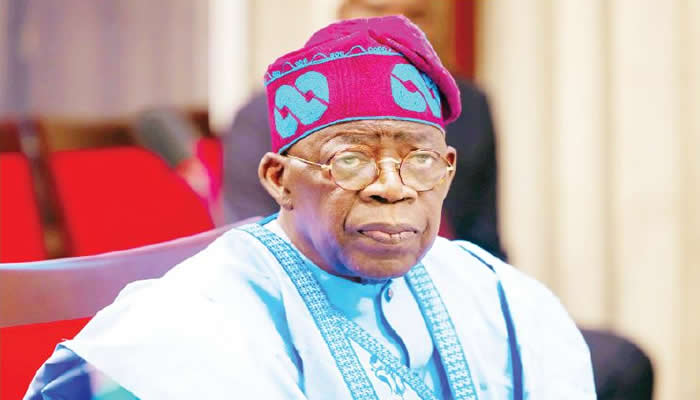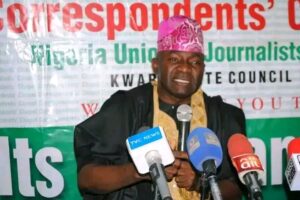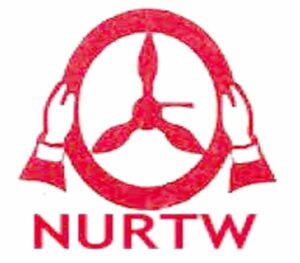
In a major policy shift, President Bola Ahmed Tinubu has approved the disbursement of a five-year backlog of Universal Basic Education (UBE) funds to states, potentially unlocking hundreds of billions of naira to transform the country’s basic education sector.
The funds, which have remained unaccessed since 2020—during the second term of former President Muhammadu Buhari—are now being actively pursued under a new strategy developed by the Minister of State for Education, Dr. Tunji Alausa, and endorsed by President Tinubu.
Presidency sources told The Guardian that upon his return from Paris last week, the President gave his nod to a plan aimed at incentivising state governments to access the long-ignored UBE matching grants. Traditionally, states have failed to claim the funds due to their inability or reluctance to provide the required counterpart funding.
But the new approach takes a more proactive stance. Under the plan, the Ministry of Education has begun sending detailed communications to governors, highlighting how much each state stands to gain and how the funds could be used to address critical gaps in infrastructure, teacher training, and out-of-school children.
“This is a calculated effort to awaken the interest of governors by showing the transformative potential of these funds,” a top source in the Presidency said. “Rather than waiting for the states to act, the Minister of Education is now directly engaging them with data and strategic insights.”
In one such letter sent to Ogun State Governor Dapo Abiodun, the ministry disclosed that the state is eligible to receive N7.8 billion in unaccessed UBE grants accrued between 2020 and 2024. To access the funds, however, the state is required to provide an equivalent amount as counterpart funding, in line with Section 11(2) of the UBE Act, 2004.
The letter outlines specific areas where the funds could make immediate impact—including classroom construction, creation of safe learning environments, and boosting enrolment by reducing the number of out-of-school children.
The initiative marks a departure from the past, when the Federal Government often remained passive in the face of states’ inaction. By arming governors with tailored data and policy guidance, the Tinubu administration is seeking to catalyse change in Nigeria’s struggling basic education sector.
Several state governments have already begun receiving the correspondence, which includes state-specific data on education challenges and the potential benefits of accessing the funds.
Observers say the move could be a game-changer for primary education in Nigeria—if matched with political will at the state level.







